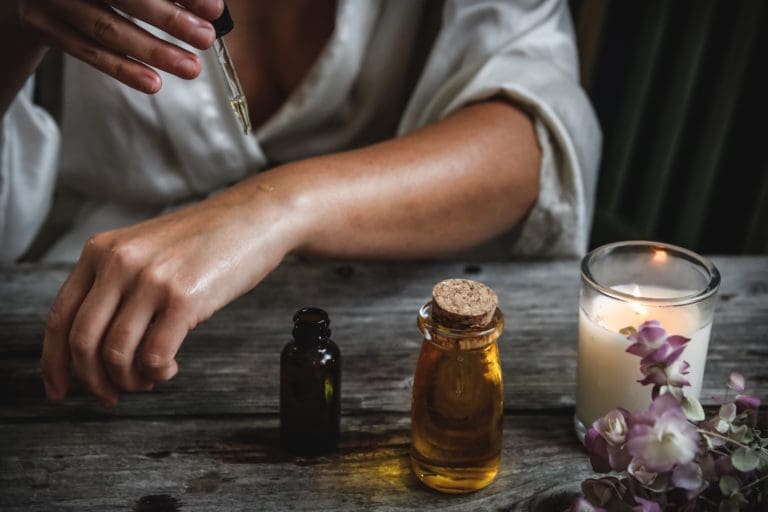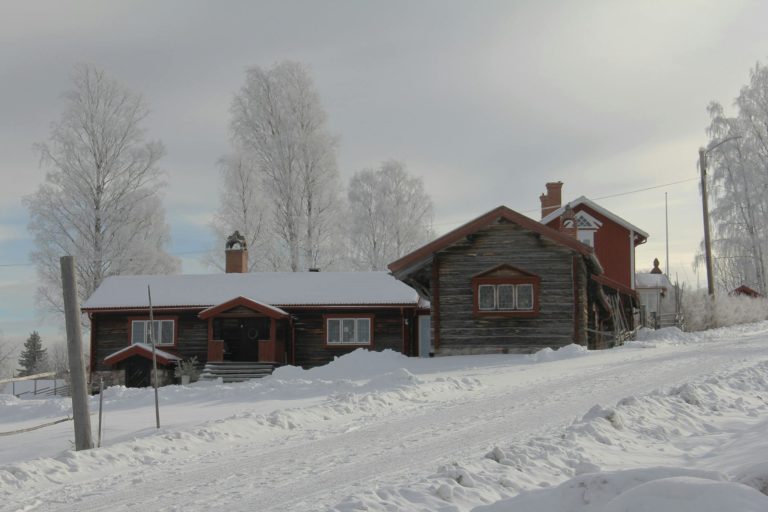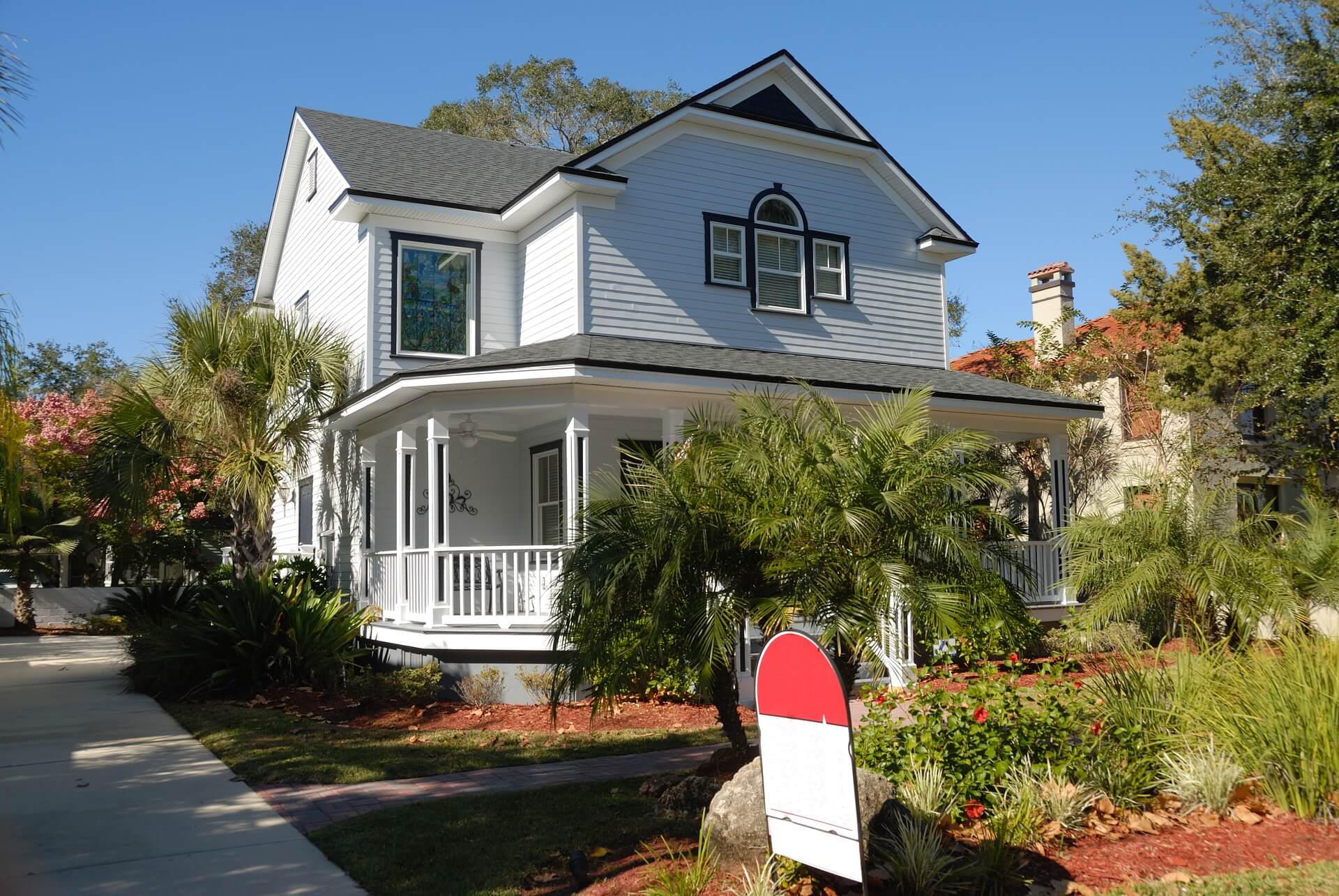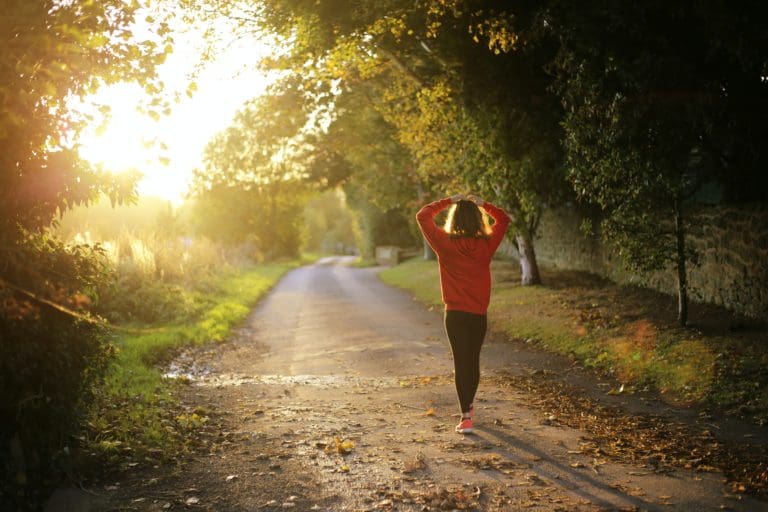Do you and your partner ever get heated about the heating? Living in the cold can be detrimental to our physical and mental health, as well as our relationships.
Photo by Bekir Uğur on Pexels.com
A new study by Hometree has revealed that 49% of UK adults have argued over when to turn the heating on – while 16% have had serious clashes about the temperature at home. One in 10 would even lie about the setting of their thermostat to keep it at a temperature they’re comfortable with.

It’s common to joke about such debates of course, particularly regarding differences between men and women. Some may also be teased for their preference to save money by avoiding the heating altogether – but cold homes can have a variety of negative effects.
Below we outline the key reasons why it’s right to take temperature seriously.
Mental effects of living in the cold
While many classic signs of being cold are physical, such as shivering and red skin, we need warmth to function properly mentally too.
Living in a chilly property can bring on or worsen feelings of anxiety and depression. This is in part due to its effects on the body’s energy levels, with low temperatures sapping our resources and leading us to feel less motivated and alert mentally.
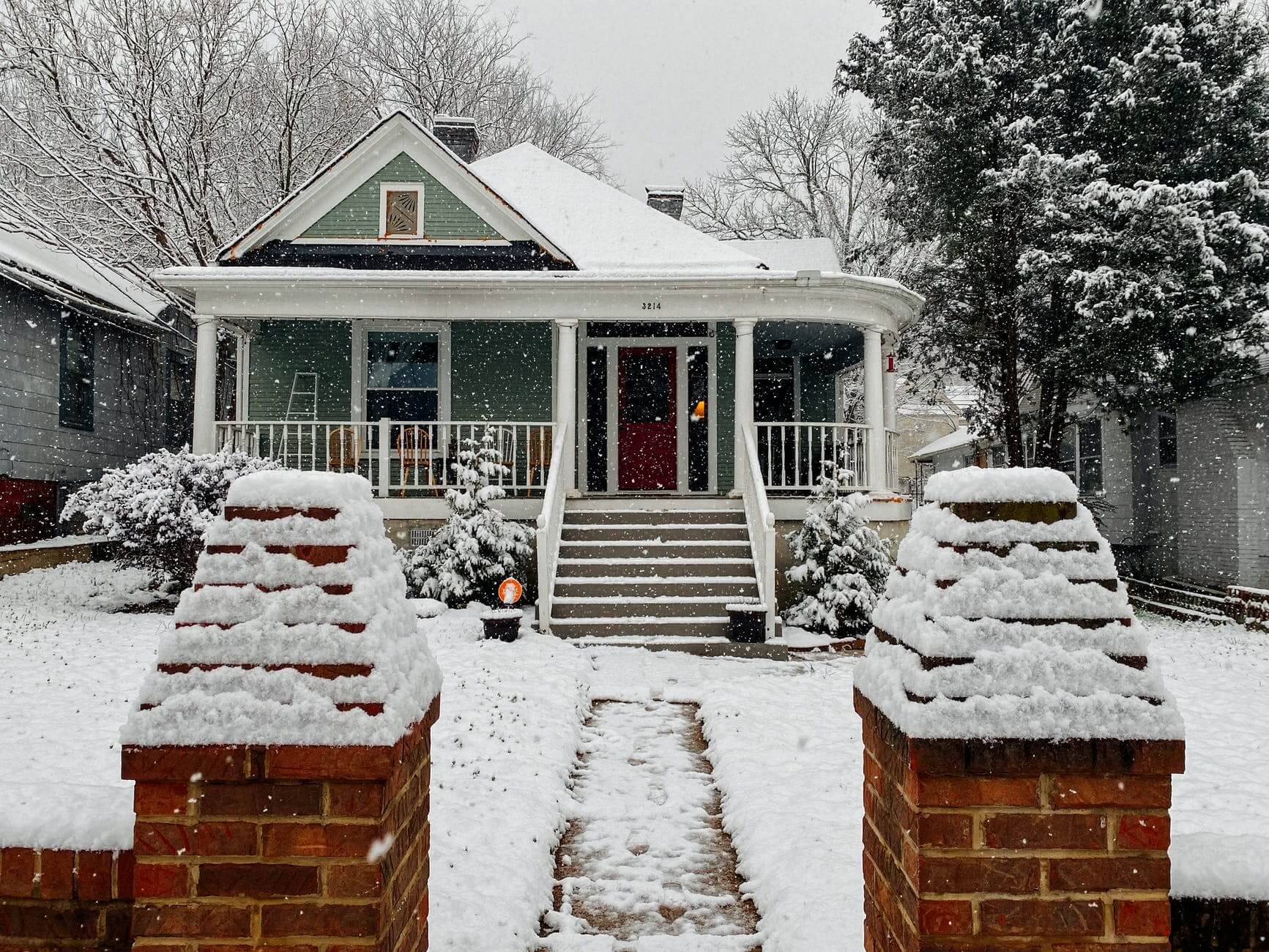
It’s common to experience reduced memory skills and mental capacity too. All these symptoms are likely to have knock-on effects for our social and professional satisfaction. For example, in the Hometree study, 33% of adults politely disagreed with others, while 16% had a serious argument about turning on the heating, suggesting the cold temperature can cause a shortened temper in some.
Physical effects of living in the cold
So what about the effects of cold on the body? Increased exposure to cold temperatures can be seriously harmful, with thousands of people in the UK dying at home due to lack of heating every year.
Extreme cold can lead to life-threatening conditions like hypothermia, while temperatures below 13 degrees can increase blood pressure and risk of cardiovascular disease. Even with the thermostat showing a couple of degrees warmer, you could be reducing your natural resistance to respiratory diseases.
Cold weakens the immune system too and makes us more susceptible to viral infections like common colds, flu and norovirus. These can all be especially dangerous among older people.
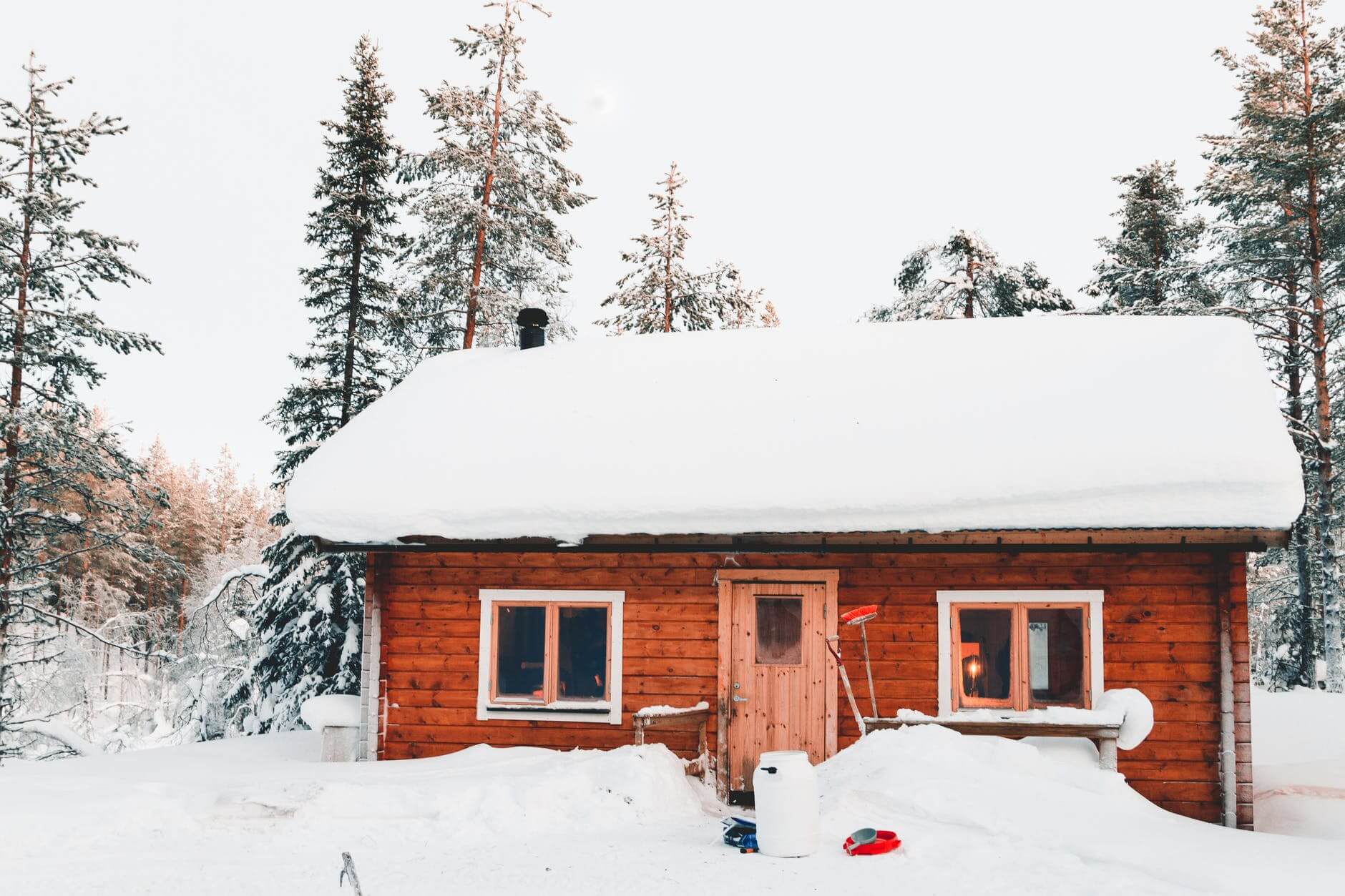
Damp and mould
Having a cold home also increases the likelihood of damp and mould setting in. Damp and mould can attack the body’s skin and respiratory system, as well as damaging our properties. It’s important to properly ventilate and warm our homes to avoid such issues.
Small habits like opening bathroom windows after showering and using pan lids when cooking can make a positive difference. Putting your heating on a timer to run during the coldest parts of the day meanwhile will save money while protecting chilly rooms, while insulation and draught-proofing can also go a long way.
Do you heat your home as much as you could? Keep it at a sensible temperature to avoid the problems discussed above.



